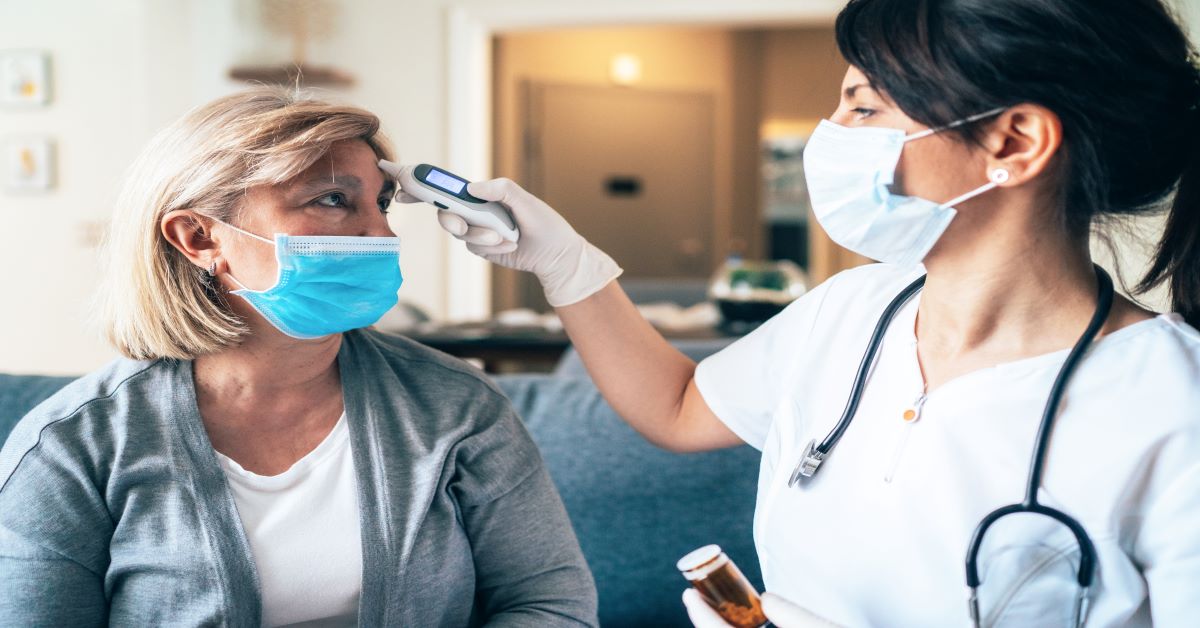03 Dec NON-PHYSICIAN CERTIFICATIONS IN HOME HEALTH CARE
States may be complicating non-physician certifications in home health care, as hospitalizations and homecare needs rise. In this edition of the Homecare Software blog...the CARES Act has made it possible for nurse practitioners, physician assistants, and clinical nurse specialists to certify eligibility for home health. This has facilitated movement in the home health care industry towards eliminating Medicare’s rigid physician certification requirements and policies. Congress first warmed to the idea of allowing non-physician certification in the early spring just as the COVID-19 pandemic was beginning to surge. At the end of the day, in spite of the federal government’s efforts, states by law have the final say when it comes to making these overtures into reality.


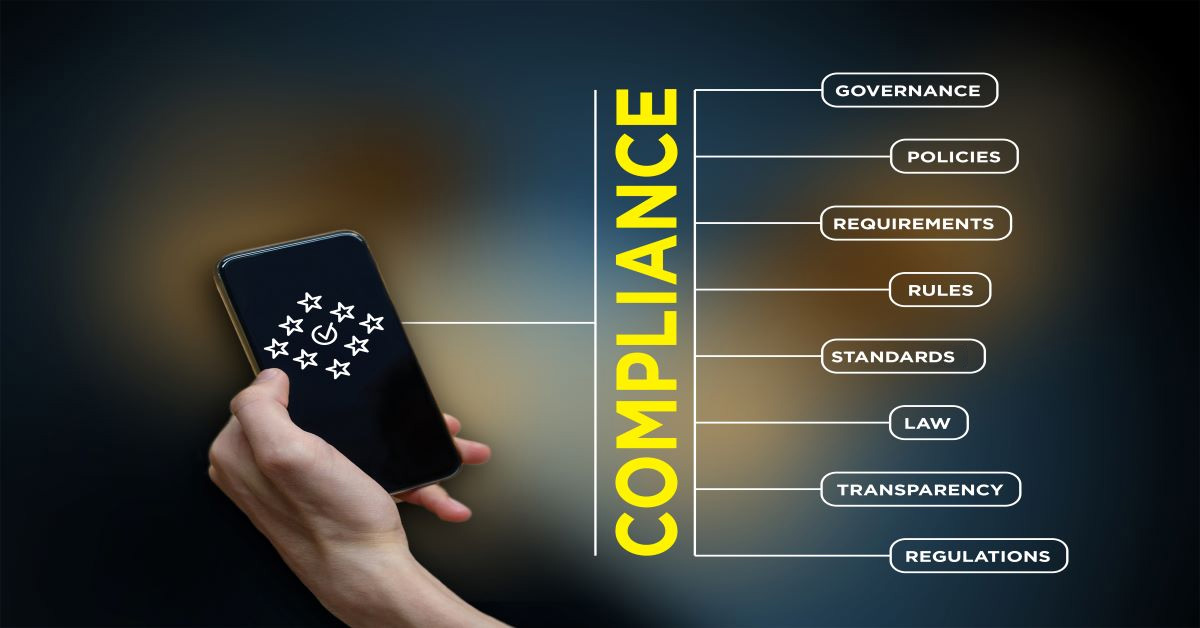
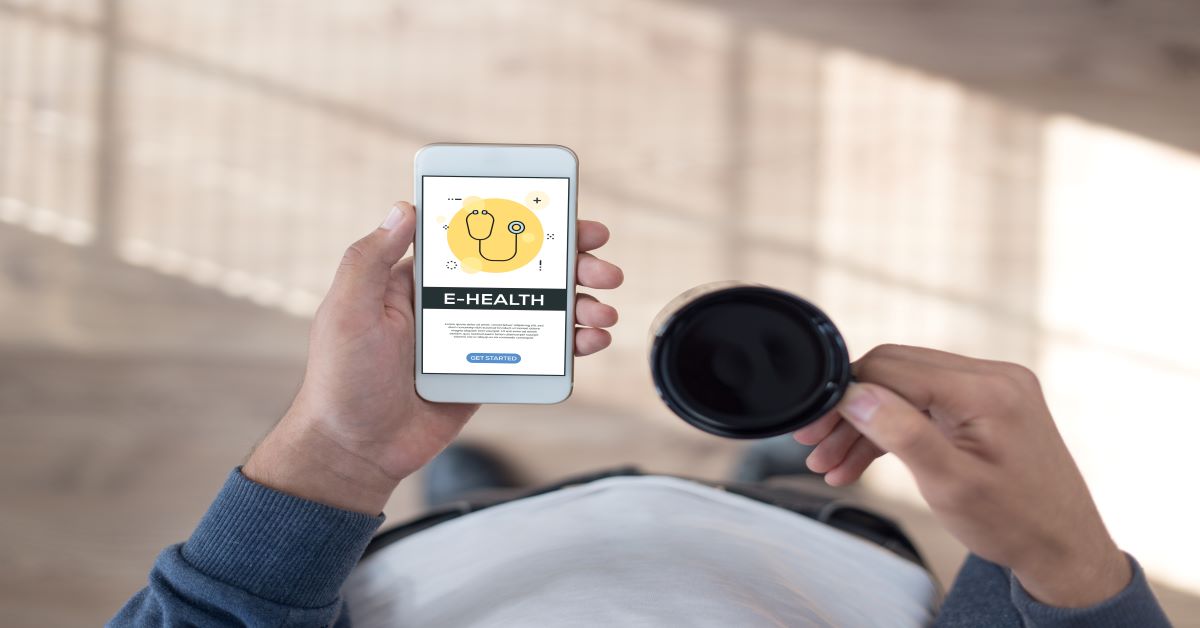
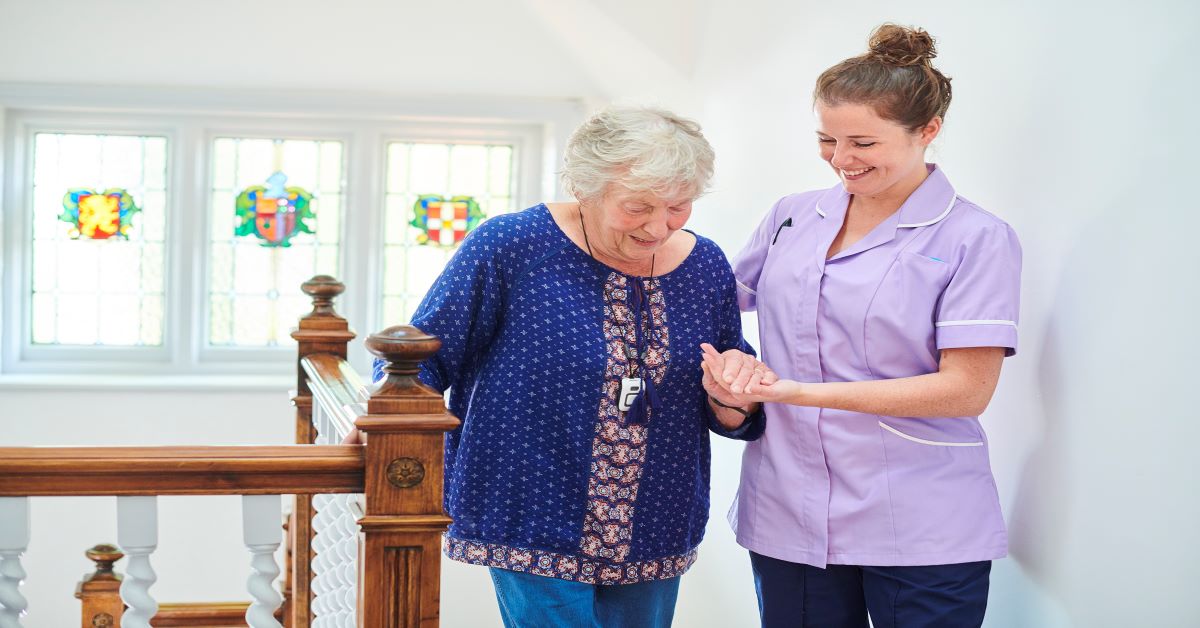
 Yes. According to CMS, outpatient therapy services may be provided by a home health agency to patients who are not homebound or otherwise are not receiving services under a home health plan of care (POC). These services are not paid under the Home Health Prospective Payment System (HH PPS). The reimbursement for the outpatient therapy services is calculated using the Medicare Physician’s Fee Schedule (MPFS).
Yes. According to CMS, outpatient therapy services may be provided by a home health agency to patients who are not homebound or otherwise are not receiving services under a home health plan of care (POC). These services are not paid under the Home Health Prospective Payment System (HH PPS). The reimbursement for the outpatient therapy services is calculated using the Medicare Physician’s Fee Schedule (MPFS).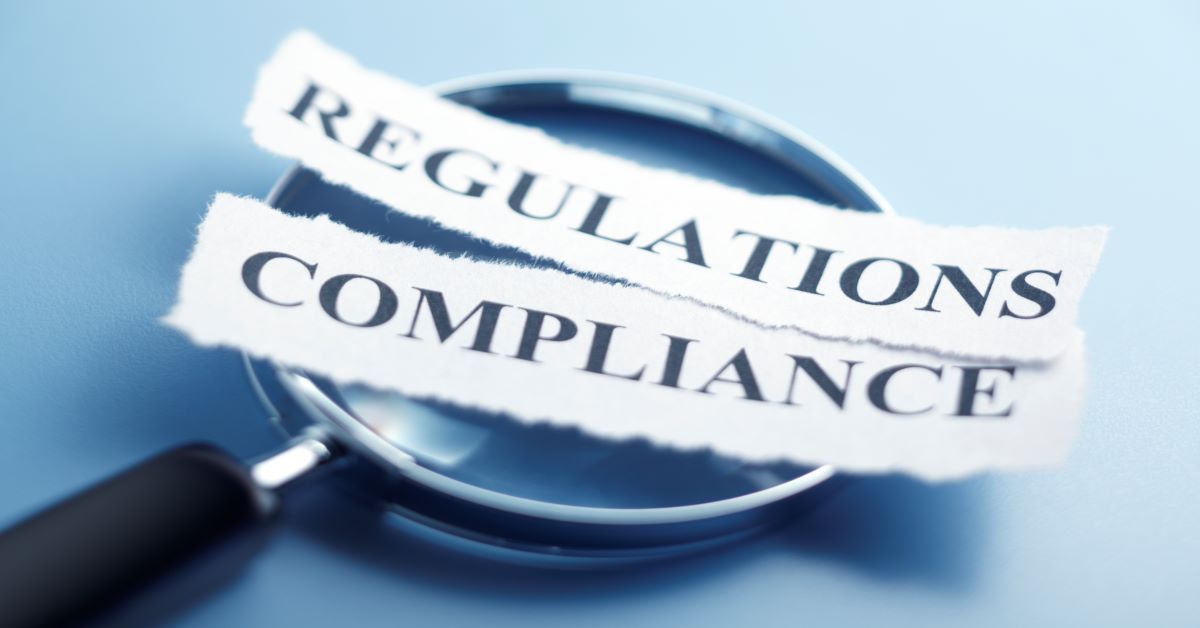

 As the 21st Century Cures act moves to the forefront of home health agency staffs, many agencies find themselves trying to prepare for the inevitable. According to their official website
As the 21st Century Cures act moves to the forefront of home health agency staffs, many agencies find themselves trying to prepare for the inevitable. According to their official website 